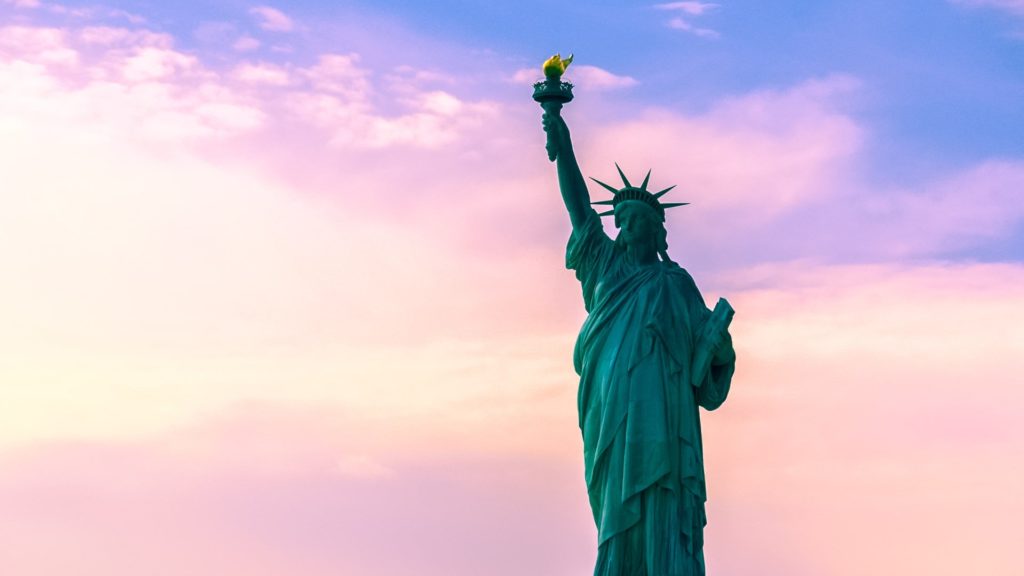There is a positive relationship between the amount of governmental interference in an economic arena, and the abuse and invective heaped upon the businessmen serving that arena.
When I came across those words while reading Walter Block’s Defending the Undefendable, I was struck by the power of that under-appreciated insight (not to mention his great introduction to libertarianism opening the book).
Block’s primary illustration was the rental housing market, where “the spillover effects of bureaucratic red tape and bungling” are blamed on landlords, rather than on the government policies and procedures that caused them. And he named rent control as a primary culprit, because it “changes the usual profit incentives, which put the entrepreneur in the service of his customers,” into incentives where “the landlord can earn the greatest return not by serving his tenants well.”
Block’s conclusion applies far beyond just rent control. It describes many government interventions, not just those in the housing market. It characterizes price ceilings and price floors. It applies to taxes, particularly hidden ones. It extends to regulations that act like taxes or barriers to entry and competition. It also typifies inflation. And in each case, it is because the adverse effects of such government interventions, particularly reduced outputs and higher costs for the goods in question, set up providers to be incorrectly scapegoated as the cause.
Rent control undermines landlords’ incentives to provide the services tenants want, because it denies landlords the ability to receive adequate compensation to make those efforts worthwhile. As a consequence, landlords not only get blamed for unwillingness to do what tenants want, but also for efforts to evade the controls, such as tying apartments to the simultaneous rental of furniture, parking or other goods, even though such evasions keep the available housing supply from falling as much as it would have otherwise. Other price ceilings follow the same script.
Price floors such as minimum wage laws and “prevailing wage” requirements push prices up instead of down. The consequent higher prices and reduced wealth result from the coerced overpayment for inputs, rather than the fault of producers. But producers often end up getting blamed.
Hidden taxes are another example. Government gets more resources and control, while those people directly deal with can be given the blame. The “employer half” of Social Security and Medicare is a prime example. Employers must pay 7.65 percent directly to the government, on top of the wages they pay employees. But since employers know they must bear those costs, they offer less pay for a given level of employee productivity. The consequence is fingering employers for not paying employees what they are worth, when that actually derives from government siphoning off compensation.
Similar effects are triggered by employer-paid unemployment premiums, worker’s compensation insurance, and other non-wage forms of compensation. The resulting government rake-off from employees’ total compensation leaves them less to take home, triggering resentment at employers. But government claims credit for spending those dollars indirectly pickpocketed from workers.
Even less hidden taxes, like sales and excise taxes (which can be better hidden as value-added taxes buried in the supply chain rather than added at the retail level, which is why so many politicians like a VAT), lead to scapegoating of suppliers. Those taxes place a wedge between what the customer pays including the tax and the smaller amount the seller receives net of taxes. But it is still all too easy for customers’ views of producers to reflect what they pay to their suppliers including taxes for services received, rather than the smaller amount sellers actually get net of taxes. To illustrate, when was the last time you actually looked at what your markets, gas stations, etc., actually received from you, apart from government’s take, even though that information is printed on your receipt?
Government mandates and regulations also produce misaimed blame. Many regulations act like taxes (e.g., a producer doesn’t care whether a $100,000 burden of dealing with government is called a tax or a regulation), raising costs and prices to others, for which suppliers will largely be blamed. Regulations that create barriers to entry, like a cornucopia of licensing regulations, restrict supply and competition, leading to higher prices and shoddier performance, because they undermine the competition that is buyers’ most important protection against maltreatment.
Inflation is another page from the same playbook of disguising the messenger as the cause. While it is caused by government expansion in the money supply, those in government can always point fingers at someone else: businessmen can be blamed for raising prices (and called monopolists or colluders in the process); workers and unions can be blamed for demanding higher wages; landlords can be blamed for raising rents; bankers can be blamed for charging higher interest rates, etc.
The positive correlation between government involvement and the abuse and invective aimed at producers that Walter Block lays out holds across a wide swath of the economy. And that misaimed blame game is particularly to recognize, given how often politicians promise to unify us, but turn to techniques—price floors and ceilings, taxes, regulatory and entry restrictions, inflation, etc.—which guarantee the opposite effect. Such cognitive dissonance is an important red flag, because logical contradictions do not make for good policy.
Gary M. Galles
Gary M. Galles is a professor of economics at Pepperdine University. His recent books include Faulty Premises, Faulty Policies (2014) and Apostle of Peace (2013). He is a member of the FEE Faculty Network.
This article was originally published on FEE.org. Read the original article.


